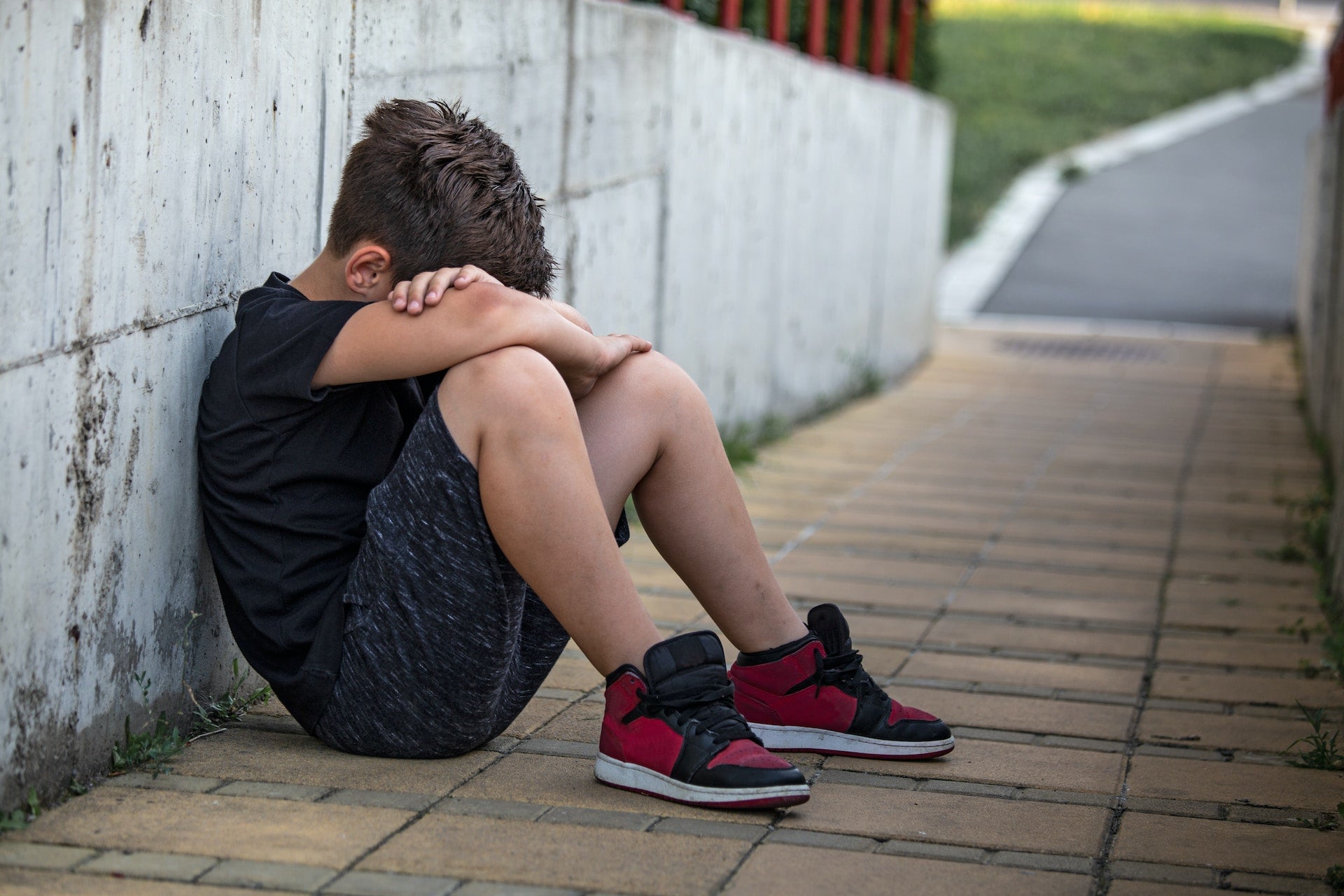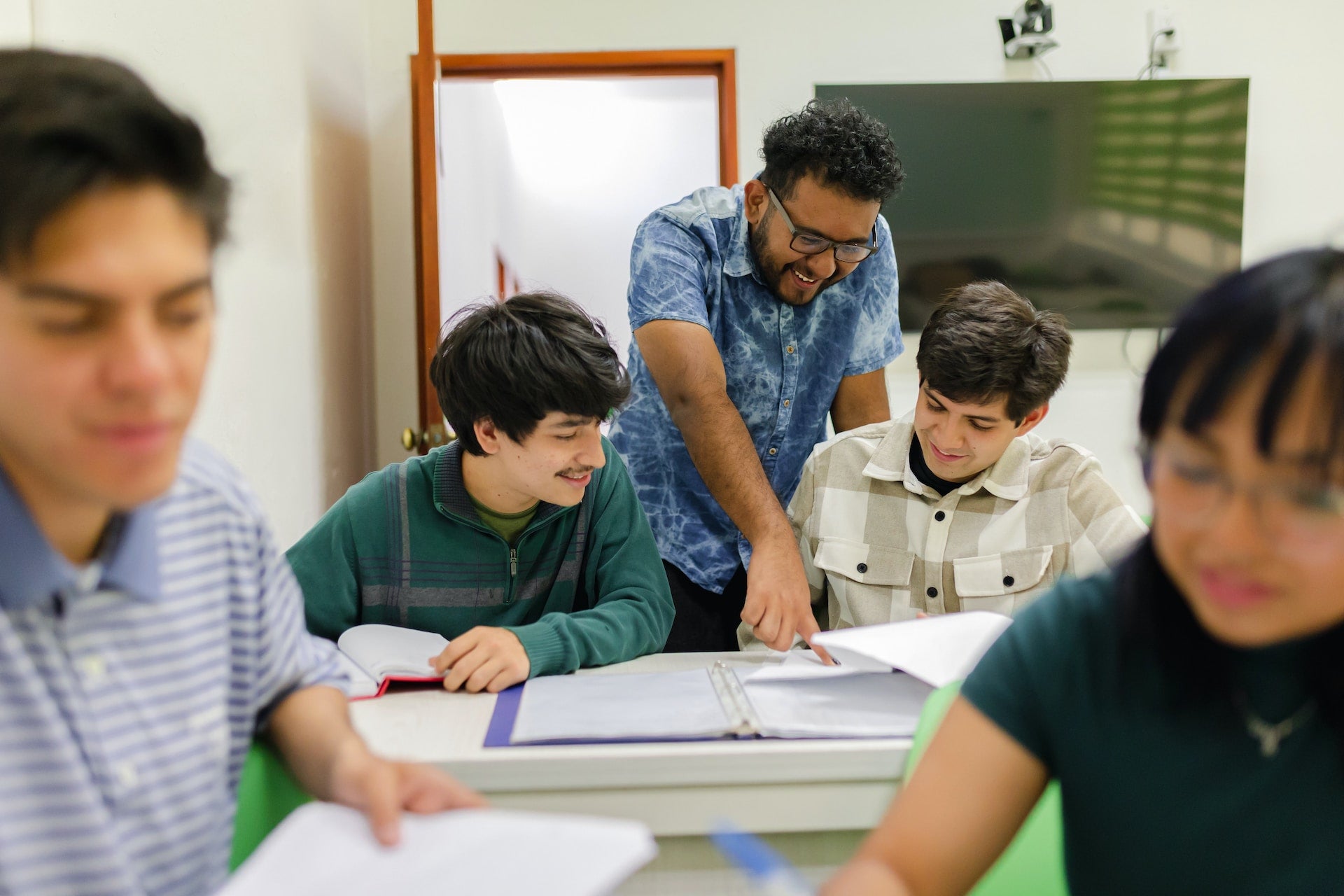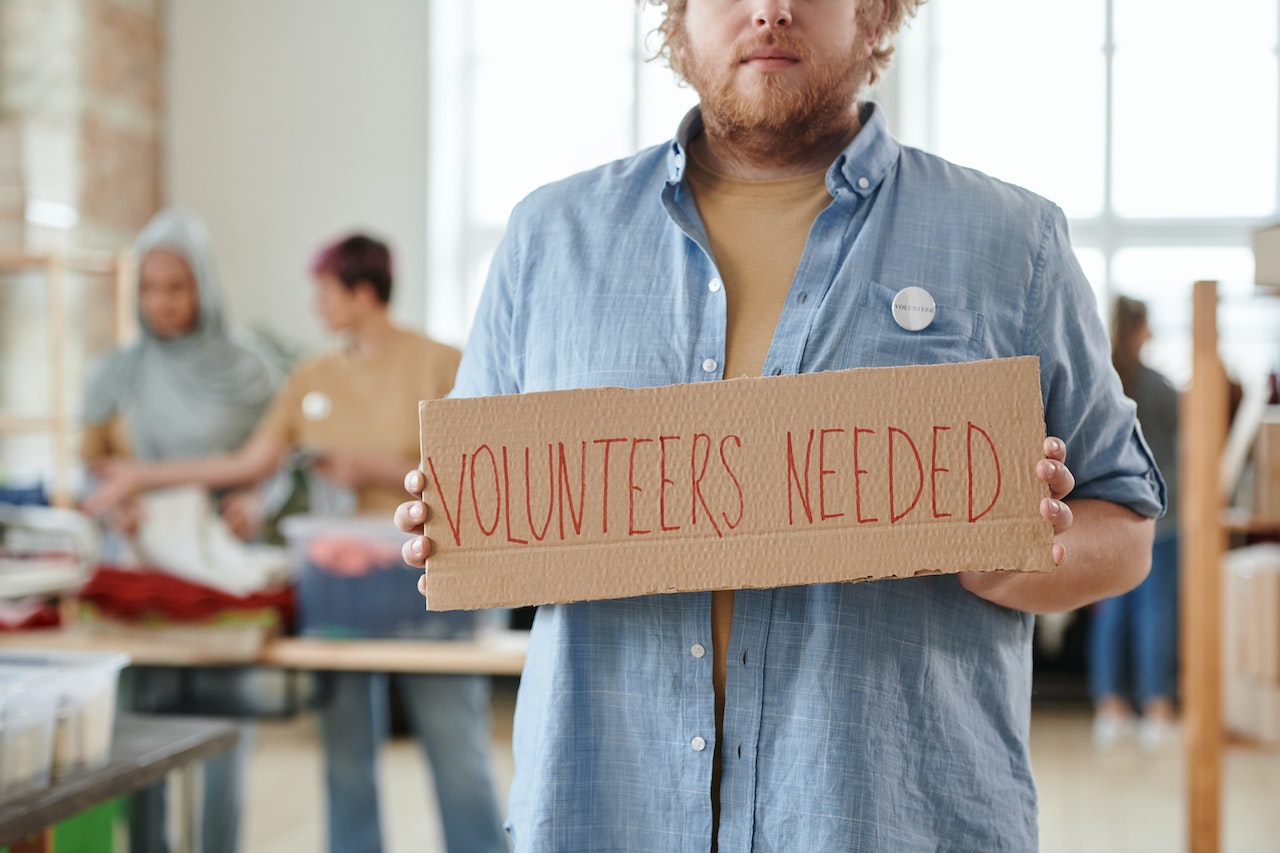Many people don’t think twice about walking into a store and picking up menstrual products, but for the 22 million people who live in poverty in the US, this can be impossible.
A study in the Journal of Obstetrics and Gynecology found that 64% of women who received services from not-for-profit community service organizations in St. Louis could not afford menstrual products.
They also found that those who experienced food insecurity were more likely to have a hard time purchasing menstrual products.
What is Period Poverty?
Menstrual hygiene products are treated as a luxury instead of a necessity. This means they’re taxed and not covered under food assistance programs like SNAP or WIC.
Period poverty can make someone feel anxiety over having to leave the house when they’re menstruating because they fear their menstrual solutions will leak or they won’t be able to find the resources they need.
For people attending school, a study found that one in five students in the US missed school because they didn’t have sufficient period products.
What You Should Know about Period Poverty
Period poverty can affect physical and mental health: Many people who can’t afford period products create their own solutions during their periods, which can include things like reusing products, using rags or other products.
Using products for longer than intended or using items that aren’t designed for periods can result in irritation or discomfort of the vaginal area or more seriously, toxic shock syndrome.
The anxiety and mental distress that comes with not having access to the products they need or worrying about the effectiveness of the products they create can negatively affect a menstruating person’s wellbeing, too.
Period poverty isn’t adequately addressed: Nearly 68% of people agree this is a public health issue, but only 4% of Americans are aware of organizations where free or low cost period supplies are available.
Period poverty is more than lack of period products: It also involves lack of proper sanitation like soap and lack of proper waste management and water.
People experiencing period poverty may also not have access to proper education about menstruation or body changes, support or access to healthcare to diagnose or treat menstrual disorders.
Why isn’t Period Poverty Addressed?
The stigma surrounding menstruation makes it difficult for period poverty to be addressed. Despite menstruation being a normal and natural part of life, many cultures view the process as dirty or unhealthy. Period awareness and period poverty awareness seeks to shed more light on the normalcy of periods.
But that’s not the only obstacle in the way. The shame surrounding periods and period products leads people to not talk about them, why they’re taxed or even the ingredients included in them.
For trans people who menstruate, talking about periods and period poverty can be even more difficult. They may experience difficulty finding the right products they need, not have the right waste receptacles in public restrooms or feel anxiety when discussing their needs.
What Can We Do About Period Poverty?
Period poverty is a public health crisis – in the US and around the world. Here’s what you can do to end the stigma and address period poverty:
Advocate: Governments need to be involved to end period poverty. This includes making products more easily accessible and removing taxes and more, but lawmakers won’t know what’s needed unless we tell them. That’s where advocacy comes in. Write or speak with your lawmakers and let them know what needs to be done.
Support charitable programs: Programs like Provision Promise and others help people who need menstrual products have access to them. Your support, whether monetary or with supplies, ensures people receive help.
Share knowledge: If you are someone who menstruates or you know someone who does, share your experience. An open dialogue around menstruation helps break the stigma and educate others.
At Provision Promise, we are committed to providing household essentials to communities in need through local food banks.
Because these items aren’t covered by food stamps or SNAP, we want to give individuals better access to basic household necessities, without the anxiety and stress of having to turn to loved ones for help.









Leave a comment